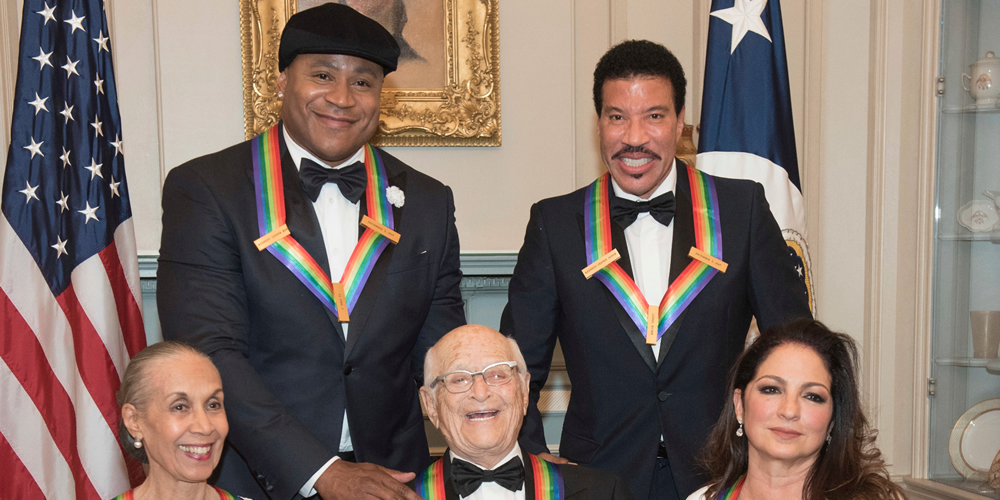Music Icons with a Background in Finance and Economics
Some exceptionally talented musicians have little recollection of their early, humble dreams of becoming global superstars. Some famous singers hold pretty strong studies, which, among other things, include finance and economics; intelligent people could use these degrees for other successful careers, but eventually, the career choice would be beautiful music.
Fate could, otherwise, have seen the likes of Mick Jagger, Lionel Richie, and Kenny G among the top ranks of financial luminaries. They might have walked alongside the very famous Warren Buffett, Ray Dalio, or Timur Turlov, who have virtually written the rules in the global landscape of finance and investment. But, instead of thundering in the stock markets or investment banking, these natural stars forged their destinies in music, penning immortal hits that would echo through the ages. Let's delve into the life story of these greats and the funds and economic education that shaped their paths.
Mick Jagger: The LSE Student Who Became a Rock Legend
Mick Jagger, the legendary frontman of The Rolling Stones, initially enrolled at the London School of Economics (LSE) with ambitions to pursue finance or business. However, the enchantment of music overtook all thoughts of education and drove him to form one of the world's most successful rock bands. Jagger's business mindset, a skill perhaps gleaned at least in part from his LSE days, has significantly aided the financial preservation of The Rolling Stones through the years.

Thus, Jagger's ability to navigate the music business has enabled the band to accumulate substantial wealth through record sales, merchandise, and world tours. His songs, including Satisfaction and Start Me Up, generate revenue decades after their release, and this is only one example of where his strategic mindset comes into play, extending beyond simple music. Had Jagger stuck with that original career path, he might have ended up a financial tycoon, not a rock star.
Lionel Richie: From Economics to Global Stardom
Before gaining a Grammy as a successful musician, Lionel Richie studied economics at Tuskegee University. His studies in finance and economic principles may have imparted natural inclinations toward managing wealth—indeed, they have lent themselves to some of the sustained success he enjoys in the music business.

Richie had started with the Commodores when he went solo and gave his hits, Hello and All Night Long. Smart financial decisions, including real estate investments and setting up businesses, have secured his financial future. Had Richie taken another route, perhaps banking or corporate management rather than a life filled with platinum records and sold-out concerts would have awaited him.
Kenny G: The Accountant Turned Jazz Superstar
At the University of Washington, Kenny G, the famed saxophonist and one of the best-selling instrumental musicians in history, pursued an accounting degree. His nature and understanding of sound financial management have undoubtedly helped him enjoy a highly profitable music career.

Kenny G has sold millions of albums worldwide on the wings of such hits as Duotones and Breathless. He has kept the cash steady, thanks to albums, live shows, and wise financial decisions, with his most disciplined work ethic towards business. Otherwise, he might have been playing balance sheets rather than suffusing cool jazz melodies.
Conclusion
These artists testify to the fact that academic qualifications indeed have their advantages even in an unpredictable field such as music. Their knowledge of economics and finance most presumably played a major role in understanding the business side of their careers and how to manage them financially. They finally opted for their passion for music rather than something else, and their education could have helped them become successful bankers, investors, or corporate executives.
But in the end, they've chosen to dedicate themselves to their talents and give the rich world great music. Yet, short as their stories might be, they depict something very great—education and how information about finance and economics can apply to even the most creative and unconventional careers, including the one in music.





